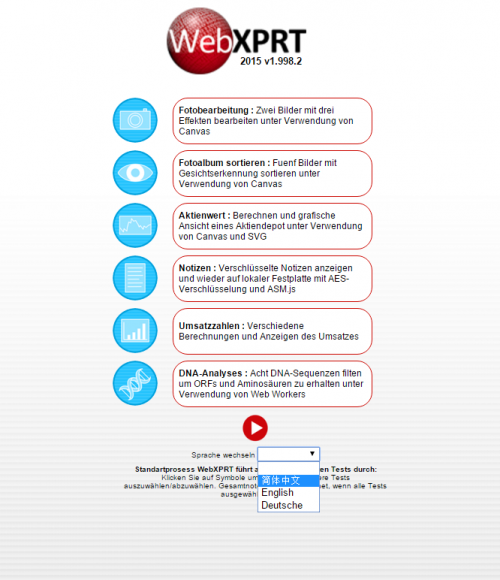DURHAM, NC –(Marketwired – March 01, 2016) – The BenchmarkXPRT Development Community and ChickTech are co-hosting the XPRT Women Code-a-Thon on March 12-13 in Seattle. The code-a-thon encourages Seattle software programmers to create small apps, or “workloads,” that mimic actions they take on their devices every day.
The top three participants or teams will receive cash prizes of up to $2,500, and all participants’ workloads will be considered for inclusion in future versions of the BenchmarkXPRT tools, or XPRTs. Any programmer familiar with Web development or Android development is encouraged to participate.
The XPRTs are apps that empower people all over the world to test how well devices handle everyday activities. They do this by running workloads that simulate common tasks – just like the workloads code-a-thon participants will be building.
“We want the XPRTs to reflect how people actually use their technology every day,” said Jennie Faries. Faries is one of the code-a-thon’s judges and a developer at Principled Technologies, which administers the BenchmarkXPRT Development Community. “By gaining the perspectives of this group of women, we’re making the tools stronger and more realistic. And when the tools we use to measure technology get better, the technology itself gets better too.”
All participants will receive a t-shirt and locally sourced breakfast and lunch on both days of the code-a-thon. The event will include time for networking and conclude with a talk from a special keynote speaker.
Add your voice to the tools that measure today’s hottest tech. Register today at facts.pt/XPRTcodeathon2016_registration, learn more at facts.pt/XPRT codeathon2016, and get all the details at facts.pt/XPRTcodeathon2016_FAQ.
About ChickTech
ChickTech envisions a safe, inclusive, and innovative technology future that includes equal pay, participation, and treatment of women. It is dedicated to retaining women in the technology workforce and increasing the number of women and girls pursuing technology-based careers. For more information, please visit http://chicktech.org
About the BenchmarkXPRT Development Community
The BenchmarkXPRT Development Community is a forum where registered members can contribute to the process of creating and improving the XPRTs. For more information, please visit http://www.principledtechnologies.com/benchmarkxprt
About Principled Technologies, Inc.
Principled Technologies, Inc. is a leading provider of technology marketing and learning & development services. It administers the BenchmarkXPRT Development Community.
Principled Technologies, Inc. is located in Durham, North Carolina, in NC’s Research Triangle Park region. For more information, please visit www.PrincipledTechnologies.com.
Company Contact
Jennie Faries
Principled Technologies, Inc.
1007 Slater Road, Suite #300
Durham, NC 27703













